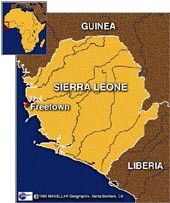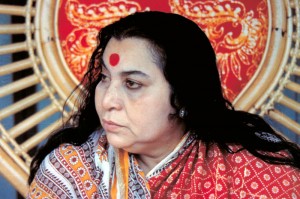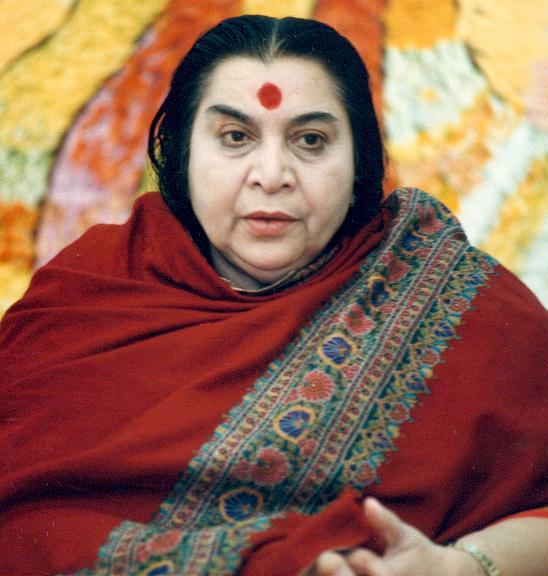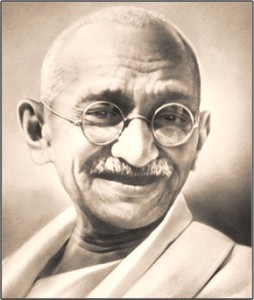Sahaja Yoga Tour in Sierra Leone
Nov 14th, 2014
To understand the importance of the current Sahaja Yoga tour in Sierra Leone, which is taking place from 5 March to 5 April 2008, it is necessary to find out a little about the history of Sahaja Yoga in Sierra Leone.
Sometime in the early 1980s, an Australian Sahaja yogi called Peter Corden was working in Sierra Leone, in Africa, on the refurbishment of the Sierra Rutile Mine. During this time, Peter was working with a Sierra Leonean, and the two became close friends. The man, whose English name was Patrick Sheriff, started practising Sahaja Yoga.
Peter left Sierra Leone in 1986, and for some time kept in close contact with Patrick. However, in 1992 war started in Sierra Leone, and tens of thousands of people died. Peter lost contact with Patrick, and feared for the safety of Patrick and his family.
In late 2006, while shopping in Toowoomba, Australia, Peter saw an African lady whom he recognised as coming from Sierra Leone. He spoke with her, and through her was eventually able to find out that Patrick was still alive. In July 2007 after eighteen years, Peter was able to speak with Patrick by telephone! Peter discovered, after all this time, that Patrick was still practising Sahaja Yoga. Â
Out of this amazing event came Peter’s desire to travel once more to Sierra Leone, this time to help organise a Sahaja Yoga tour. With Freetown as the centre, the tour organisers hope to contact as many people as possible to spread the message of Sahaja Yoga. Starting with a one-hour television talkback session on ABC TV in Freetown, the station has continued to provide daily, 45-minute sessions on Sahaja Yoga. Sahaja Yoga is mentioned four times a day on radio. Hundreds of people are coming to meditation sessions at the beach each morning. Musical programs are also being held.
To celebrate the 85th Birthday of Shri Mataji, the founder of Sahaja Yoga, on 21 March 2008, ABC TV broadcast a 30-minute segment showing Shri Mataji giving realisation. As ABC TV has approximately one million viewers, the program was able to reach many, many people.
For more information about the Sahaja Yoga Tour in Sierra Leone, and for updates on its progress, follow the link:



 Christ’s message of love and forgiveness is the same even today, preached by all – all the saints, all the incarnations, all the prophets. They all have said about love and forgiveness. If it was challenged or people felt that this won’t work out, they were asked to have faith in what was said.
Christ’s message of love and forgiveness is the same even today, preached by all – all the saints, all the incarnations, all the prophets. They all have said about love and forgiveness. If it was challenged or people felt that this won’t work out, they were asked to have faith in what was said.